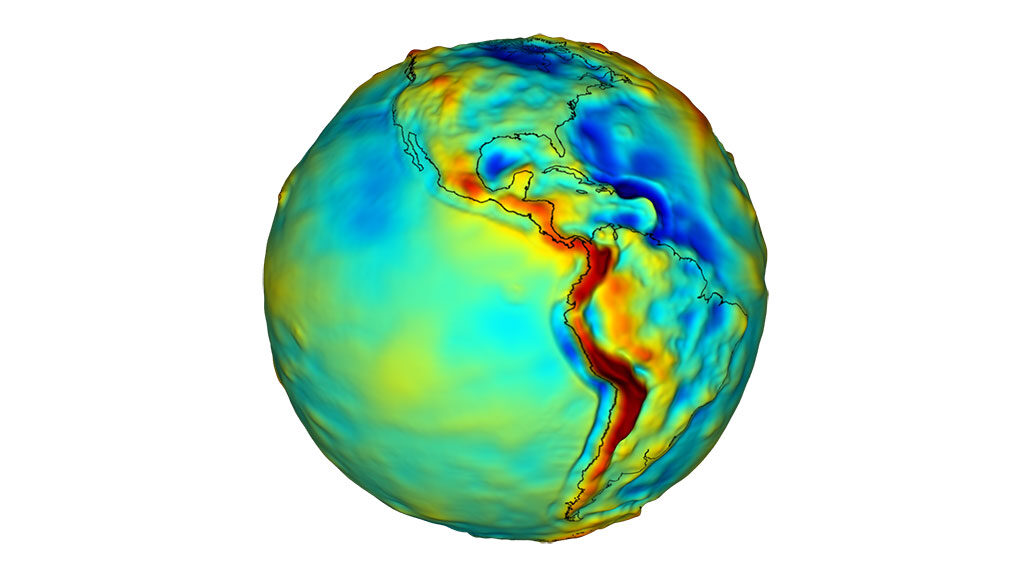force: Some outside influence that can change the motion of a body, hold bodies close to one another, or produce motion or stress in a stationary body.
fundamental: Something that is basic or serves as the foundation for another thing or idea.
gravity: The force that attracts anything with mass, or bulk, toward any other thing with mass. The more mass that something has, the greater its gravity.
International Space Station: An artificial satellite that orbits Earth. Run by the United States and Russia, this station provides a research laboratory from which scientists can conduct experiments in biology, physics and astronomy — and make observations of Earth.
mass: A number that shows how much an object resists speeding up and slowing down — basically a measure of how much matter that object is made from.
Mercury: (in astronomy) The smallest in our solar system and the one whose orbit is closest to our sun. Named after a Roman god (Mercurius), one year on this planet lasts 88 Earth days, which is shorter than one of its own days: Each of those lasts 175.97 times as long as a day on Earth.
microgravity: Gravity that is a fraction of the force experienced at sea level on Earth.
moon: The natural satellite of any planet.
Pluto: A dwarf planet that is located in the Kuiper Belt, just beyond Neptune. Pluto is the tenth largest object orbiting the sun.
sun: The star at the center of Earth’s solar system. It is about 27,000 light-years from the center of the Milky Way galaxy. Also a term for any sunlike star.
universe: The entire cosmos: All things that exist throughout space and time. It has been expanding since its formation during an event known as the Big Bang, some 13.8 billion years ago (give or take a few hundred million years).








